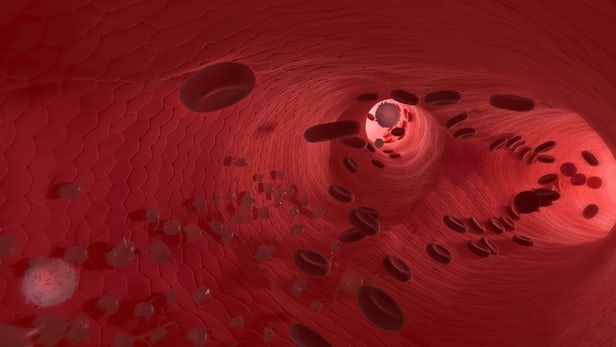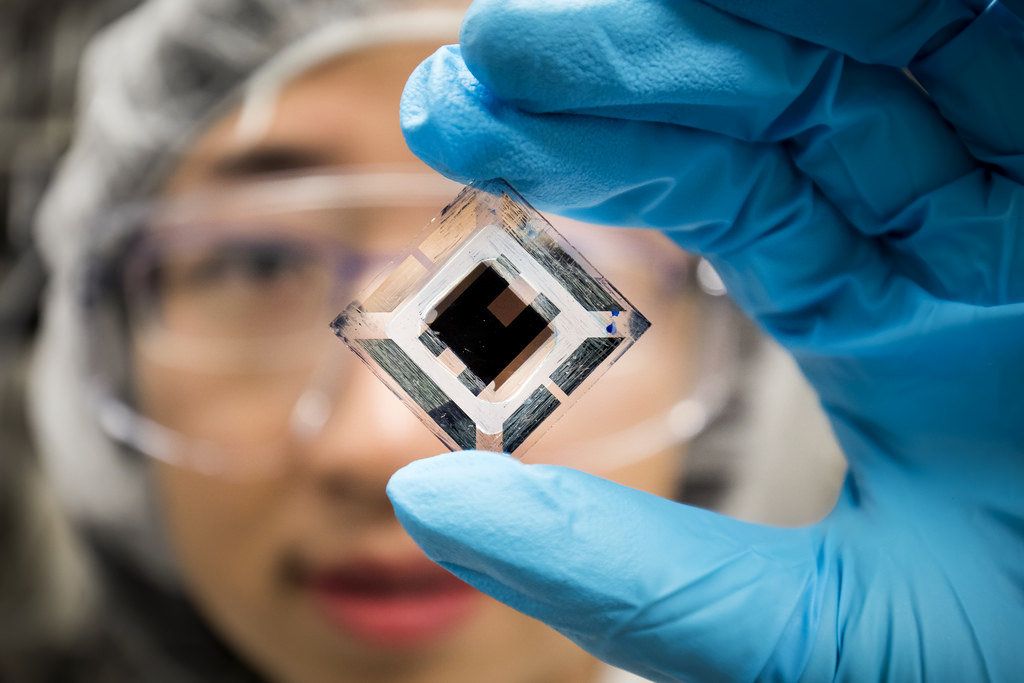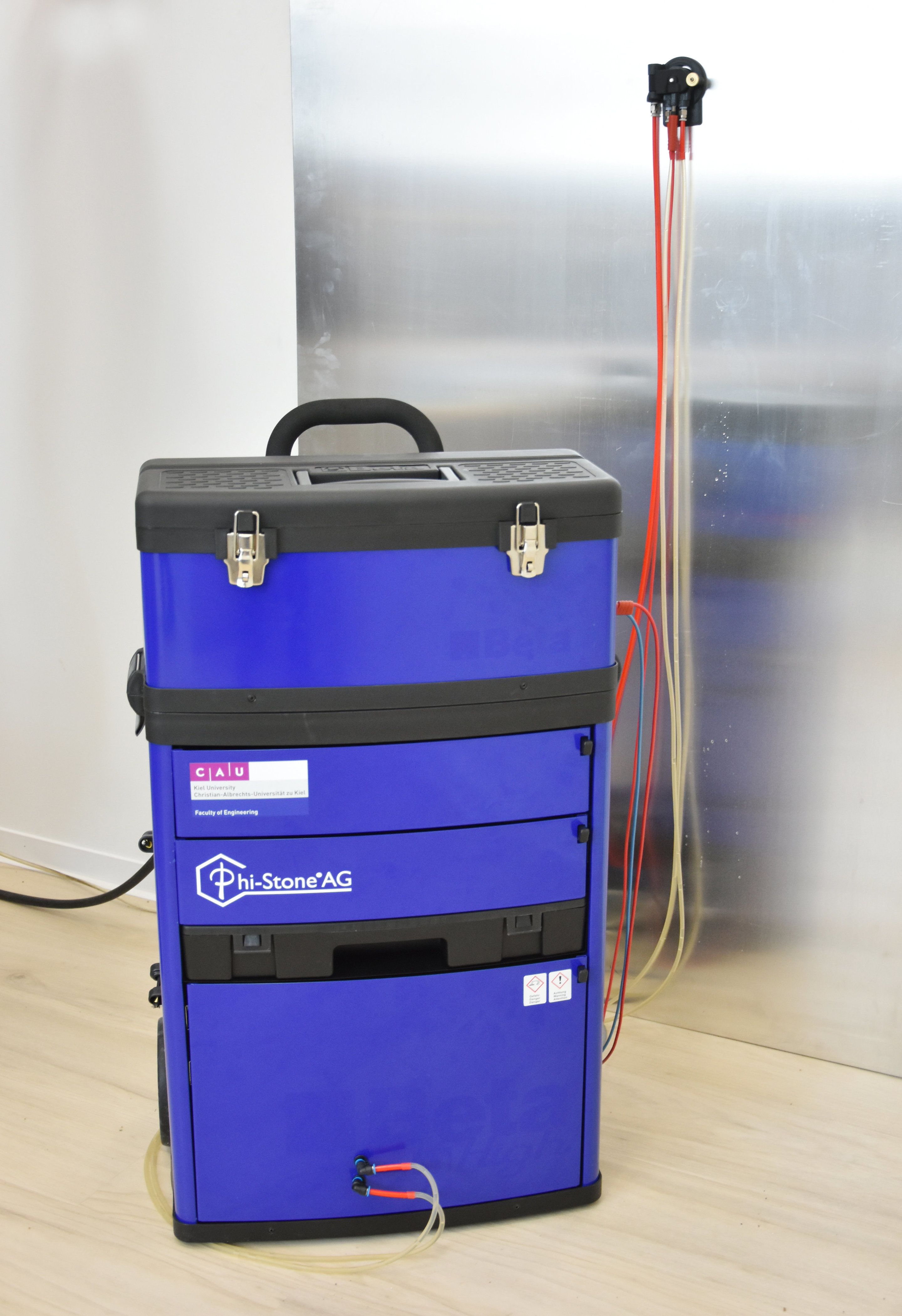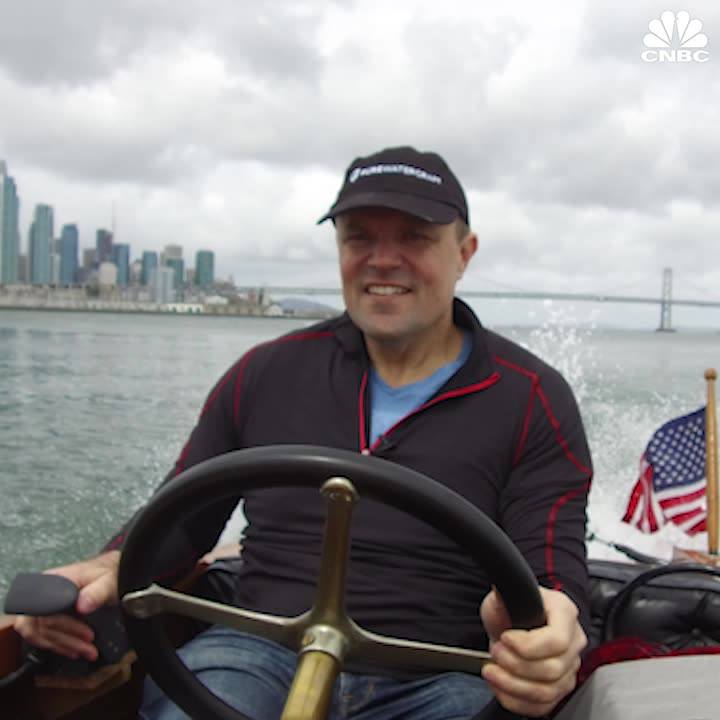Page 9825
Apr 24, 2018
Astronomers Witness a Galactic “Megamerger” from the Beginning of the Universe
Posted by Genevieve Klien in category: cosmology
A team of international astronomers managed to observe 14 individual galaxies about to undergo an “megamerger” and become one humongous galaxy. This cataclysmic, yet formative process of our universe gives researchers the ability to see how celestial structures formed not too long after the Big Bang.
Apr 24, 2018
Antioxidant found to wind back the clock on blood vessel function
Posted by Genevieve Klien in categories: biotech/medical, life extension
Much mystery surrounds the physiological processes by which humans age, but scientists are learning more all the time. With this knowledge come new possibilities around how we can not only slow them down, but possibly even reverse them. A new breakthrough at the University of Colorado is the latest advance in the area, demonstrating how a chemically altered nutritional supplement may well reverse aging of the blood vessels, in turn giving cardiovascular health a vital boost.
The human body is pretty good at fending off oxidative stress when we’re young, protecting molecules from critical damage caused by rogue molecules known as free radicals. These are molecules that have found themselves with at least one unpaired electron, so they set off in search of a match, often robbing another molecule of theirs and setting off a chain reaction of irreversible molecular damage.
Apr 24, 2018
Undoing Aging with Brian Kennedy
Posted by Steve Hill in categories: biotech/medical, life extension
An interview from the recent Ending Aging conference in Berlin with professor Brian Kennedy which we did in collaboration with Anna Dobryukha from Komsomolskaya Pravda.
The Undoing Aging conference, a collaboration between the SENS Research Foundation and Michael Greve’s Forever Healthy Foundation, took place on March 15–17 in Berlin, which saw many researchers, advocates, investors, and other important members of the longevity community gather together to learn about the latest progress in rejuvenation biotechnology.
LEAF arranged a travel grant for Anna Dobryukha, one of the best Russian journalists writing about aging, longevity, and rejuvenation research, to join us, so it made sense to collaborate with her on the most interesting interviews. Anna works for Komsomolskaya Pravda, one of the largest Russian publishing houses, which has a newspaper, a radio station, and a website with over 40 million readers. Anna has also published an article based on this and other interviews taken during the conference which you can find here.
Apr 24, 2018
Organic solar cells reach record efficiency, benchmark for commercialization
Posted by Bill Kemp in categories: solar power, sustainability
In an advance that makes a more flexible, inexpensive type of solar cell commercially viable, University of Michigan researchers have demonstrated organic solar cells that can achieve 15 percent efficiency.
This level of efficiency is in the range of many solar panels, or photovoltaics, currently on the market.
“Organic photovoltaics can potentially cut way down on the total solar energy system cost, making solar a truly ubiquitous clean energy source,” said Stephen Forrest, the Peter A. Franken Distinguished University Professor of Engineering and Paul Goebel Professor of Engineering, who led the work.
Continue reading “Organic solar cells reach record efficiency, benchmark for commercialization” »
Apr 24, 2018
Organic agriculture is going mainstream, but not the way you think it is
Posted by Bill Kemp in categories: food, sustainability
One of the biggest knocks against the organics movement is that it has begun to ape conventional agriculture, adopting the latter’s monocultures, reliance on purchased inputs and industrial processes.
“Big Organics” is often derided by advocates of sustainable agriculture. The American food authors Michael Pollan and Julie Guthman, for example, argue that as organic agriculture has scaled up and gone mainstream it has lost its commitment to building an alternative system for providing food, instead “replicating what it set out to oppose.”
New research, however, suggests that the relationship between organic and conventional farming is more complex. The flow of influence is starting to reverse course.
Apr 24, 2018
Joining metals without welding
Posted by Bill Kemp in categories: nanotechnology, transportation
Welding is still the standard technique for joining metals. However, this laborious process carried out at high temperatures is not suitable for all applications. Now, a research team from the “Functional Nanomaterials” working group at Kiel University, together with the company Phi-Stone AG from Kiel, has developed a versatile alternative to conventional welding and gluing processes. Based on a special etching process, it enables aluminium and aluminium alloys to be joined with each other as well as with polymers, forming a durable and strong joint. They will present the prototype of a mobile joining unit at the Hannover Messe (23—27 April). They plan to commence mass production in future, after feedback from customers.
When welding, components are joined by locally melting them at the connection point. However, the high temperatures required for this influence the material in the so-called heat-affected zone, causing structural as well as optical changes. It also requires special safety precautions and appropriately qualified staff. In contrast, the process developed by the Kiel University research group led by Professor Rainer Adelung not only spares the materials to be joined, but it is also easier and more flexible to use, even in hard-to-reach places such as corners or upside down on the ceiling. In just a few minutes, metals can be permanently connected with each other, but also with polymers.
The team envisages areas of application such as ship, aircraft or vehicle production. The process is particularly well-suited for subsequently attaching components in existing constructions, for example, in the interiors of ships or cars, explained Adelung regarding possible applications. “The high temperatures of welding will destroy surfaces that have already been treated and painted, for example. Our process, on the other hand, works at room temperature without special protective measures,” said Adelung.
Scheduled for first light in the 2020s, a powerful new class of giant telescopes will study the Universe in more detail than ever before — as long as their adaptive optics systems can sharpen their view. ESO’s Laser Systems group is currently undertaking field tests with a specialised laser at the Observatorio del Roque de los Muchachos, at La Palma on the Canary Islands. One of their goals is to make laser guide stars even brighter for large and extremely large telescopes, such as ESO’s ELT and the Giant Magellan Telescope. To find out more, we spoke to Domenico Bonaccini Calia, a physicist from ESO’s Laser Systems Department with over 20 years of experience.


















